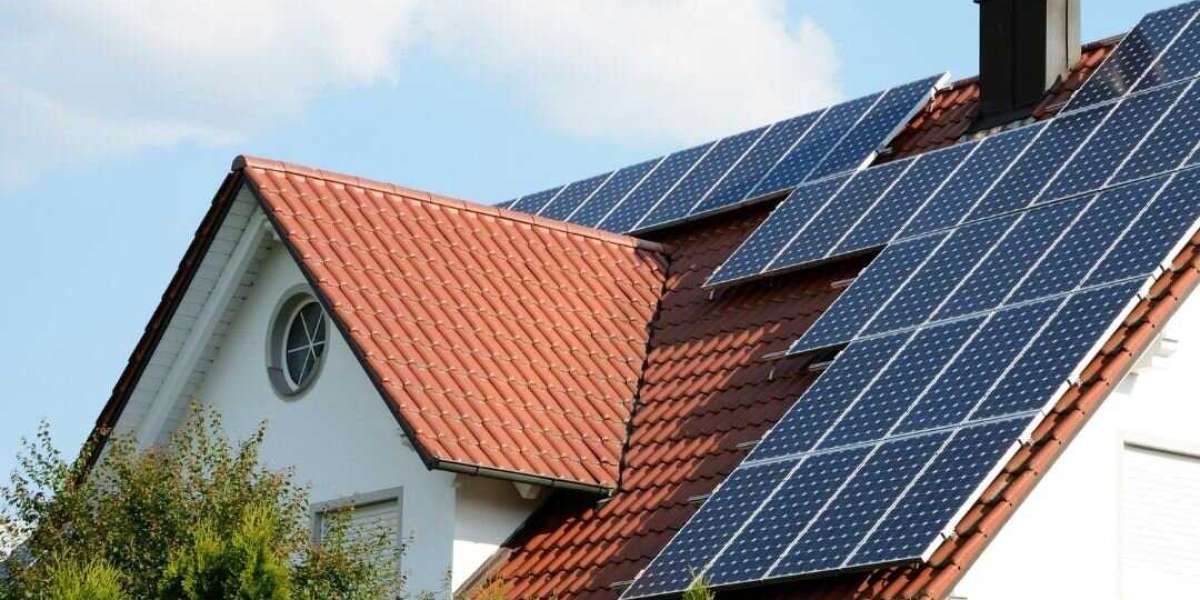While there are high upfront costs, going solar is worth it for most homeowners with eligible properties: in most scenarios, the off grid solar system advantages and disadvantages. Solar is an increasingly more affordable renewable energy source, helping you reduce greenhouse gas emissions, while saving considerable money on your electric bills.
Frequently asked questions about solar energy
As you consider making an investment in solar energy, it’s important to weigh the pros and cons as they relate to your home, geography and climate, and unique needs. Check out a few of the most common questions we get from shoppers about the advantages of solar panels to learn more:
What are the top advantages of solar energy?
The top advantages of solar energy are that it reduces electricity bills, increases the value of your home, cuts carbon emissions, protects against rising electricity costs, and helps you earn money back on your investment. Once installed, solar is fairly low maintenance and doesn’t require much upkeep aside from occasional cleaning.
What are the top disadvantages of solar energy?
Disadvantages of solar energy include a high initial cost, an inability to work on every roof type, and sometimes difficulty in finding a reputable and local installer (depending on where you live).
Is solar energy good for the environment?
Solar is a form of renewable energy that has numerous environmental benefits and leads to cleaner water and air. The only factor that some consider to be a downside is that there’s a lack of recycling options for solar panels when they reach the end of their lifespan. Learn more about the advantages and disadvantages of renewable energy, and see what solar panel recycling options are available to you. Luckily, solar technology is continuing to improve and further extend the already long lifespan of solar panels, which typically last anywhere from 25 to 35 years.
Despite the fact that photovoltaic panels do gradually become less efficient, with a useful lifespan of 20-25 years, the kind of post-installation maintenance required is similar to that of a normal electrical system, with the addition of some periodic cleaning and little else, so maintenance is minimal.
Solar panels are extremely practical, not only in the installation stage, but also when it is time to remove or replace them. They are usually easy to dismantle and the materials used in them can be reclaimed, recycled and reused, further reducing the environmental impact of this kind of energy.
Having panels available that can be combined in multiple ways means modular plants can be created that range from very small in size for domestic use to large-scale farms. This extreme versatility allows us to build plants according to the needs and particular characteristics of the local area.








